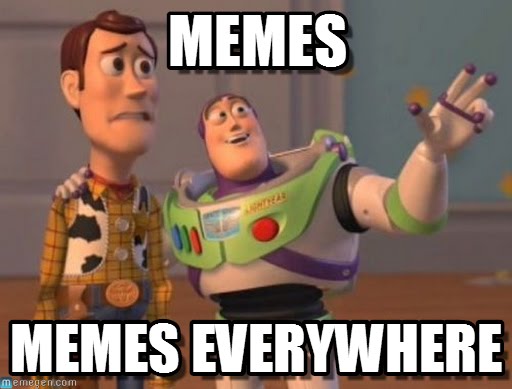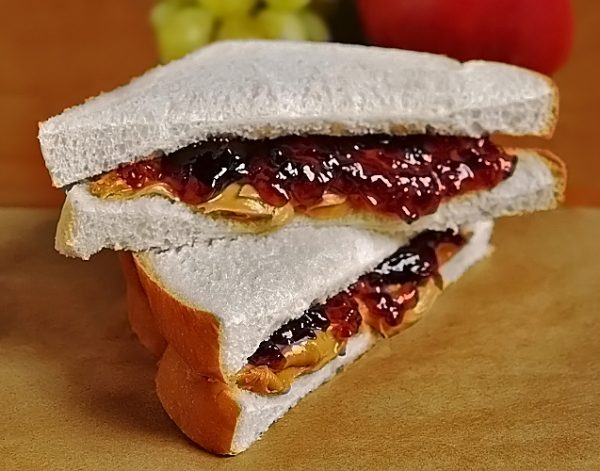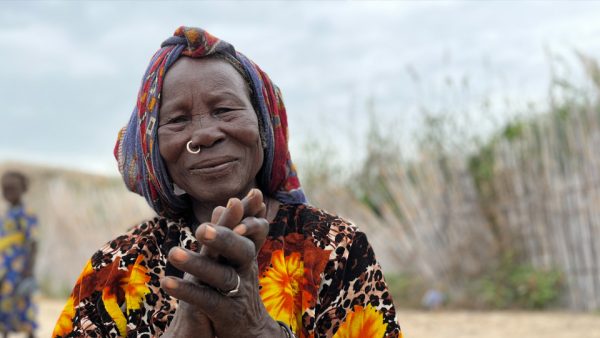How are memes affecting society?

In all the crises of our nation’s history, nothing has become more accessible and more widespread than the meme epidemic. It has spread through countless high schools and has affected the way teens think in numerous ways. However, have memes been affecting society in a positive way, or is there something more sinister hiding behind the cat images?
Memes, or more correctly referred to as internet memes, first started showing up during the late 90’s. However, the memes people are most familiar with, such as lolcats and rickrolling, became more popular during the middle 2000’s.
While it may seem like memes are just cute pictures and nothing else, they could have negative impacts on people and just life in general. One of the most recent cases is that of Tide Pods. In just 2018, there have been 37 cases of people eating detergent pods, with about half of them being intentional.
There are other instances where the consequences are far more severe. One of them is the Star Wars Kid. After the video was released on the internet, Ghyslain Raza, the titular Star Wars Kid, became severely depressed over the countless negative comments the video received. He lost multiple friends and even left the school campus for private tutoring.
Perhaps the ultimate negative impact of the memes has been the deaths of anyone who participated in said meme. This includes the countless deaths caused by the cinnamon challenge, a challenge that involves ingesting cinnamon, and the chubby bunny challenge, a challenge that involves stuffing your mouth with marshmallows and chanting “chubby bunny.”
However, not all memes bring up a negative response. In fact, some of them may even make depressed people have a reason to live. An example of this could be the Ice Bucket Challenge. During the year of 2014 when it was most popular, the ice bucket challenge raised over $100 million dollars for research into ALS.
The positive effects memes have on people also extend to the students of BHS. Jacob Arnold (11), who looks at memes every day, says that, “Memes are my sunrise to the darkness that is high school.” So if memes are able to brighten up a student’s life, they cannot be wholly bad?








